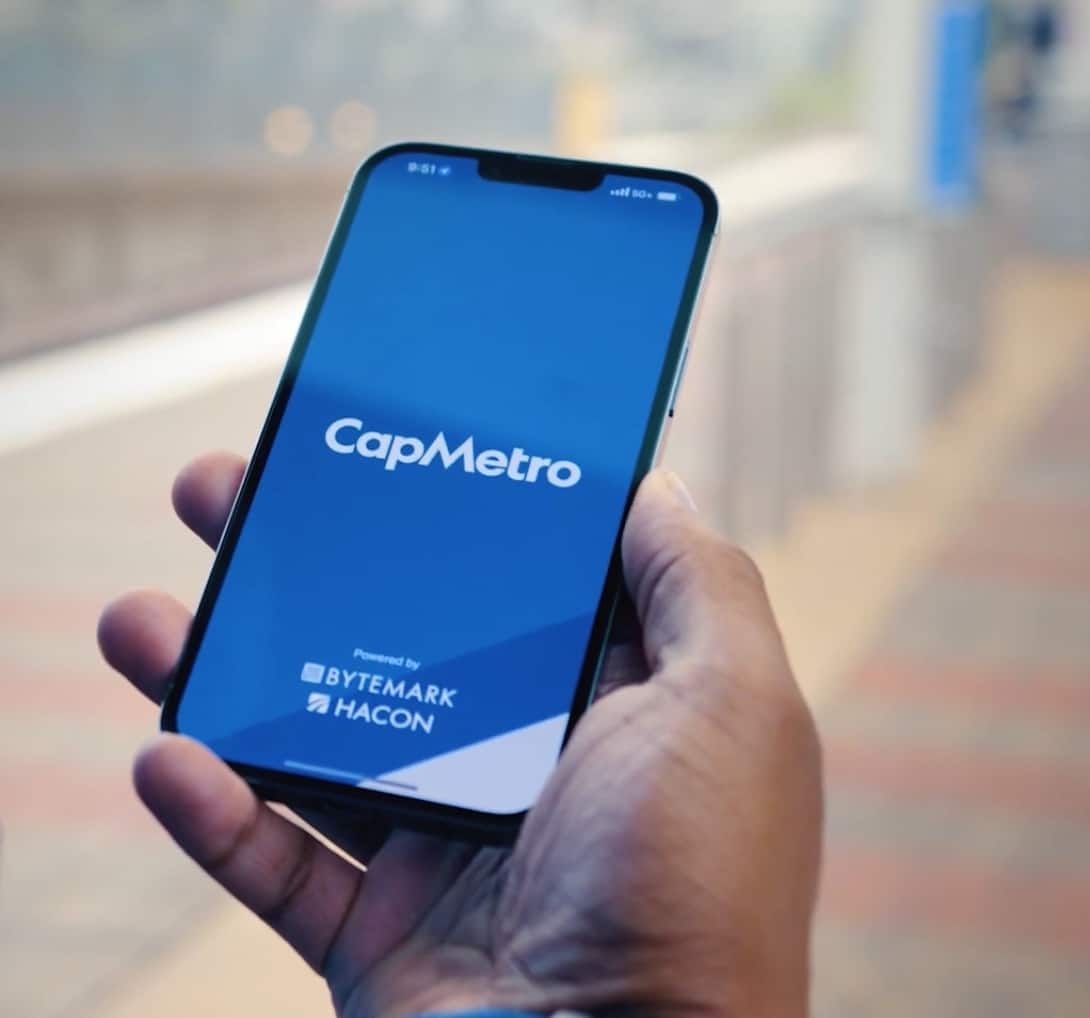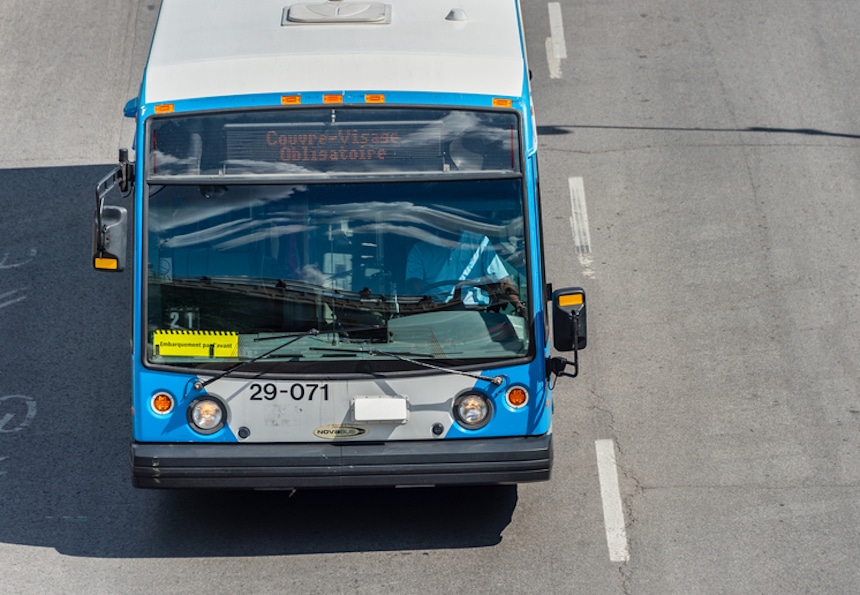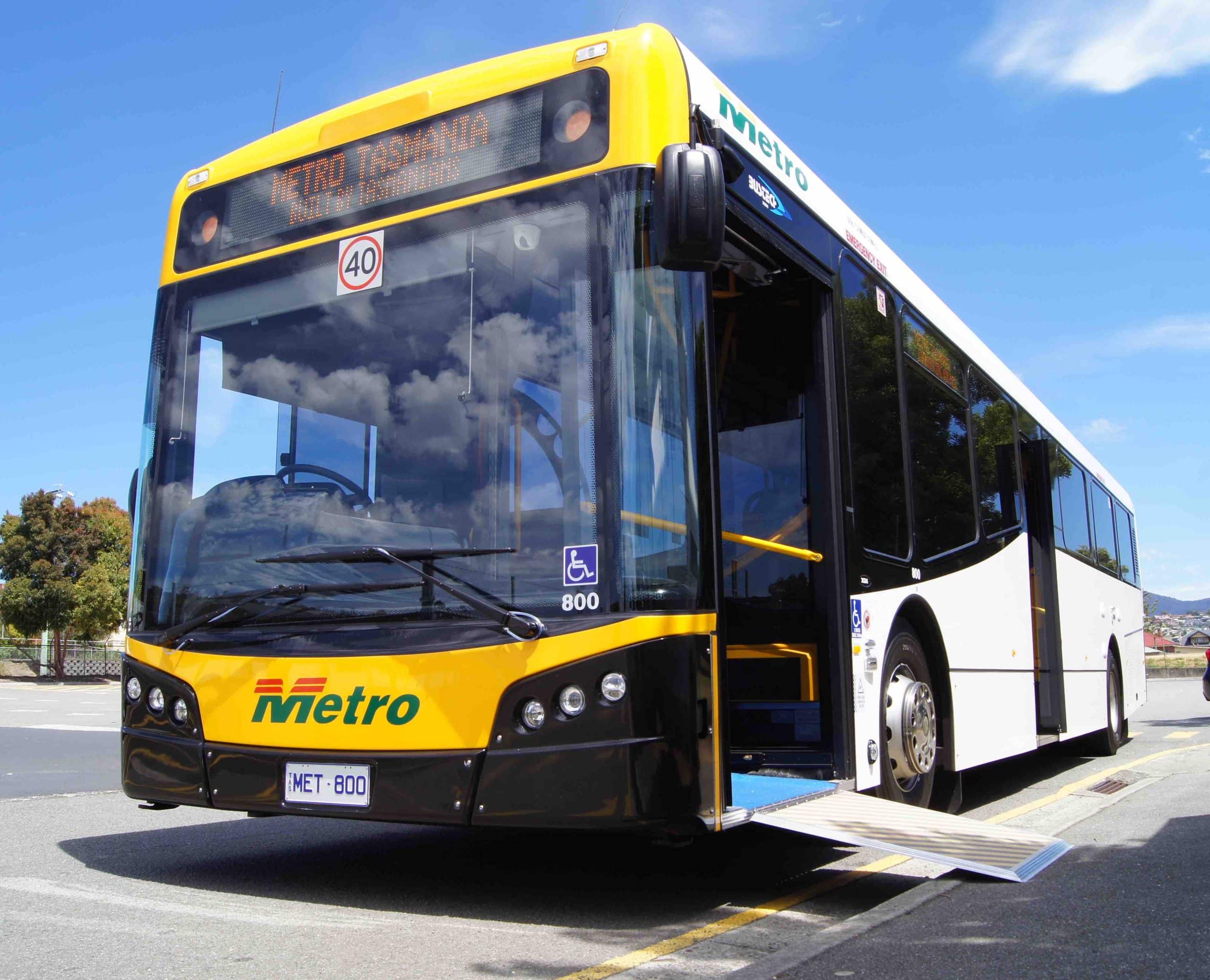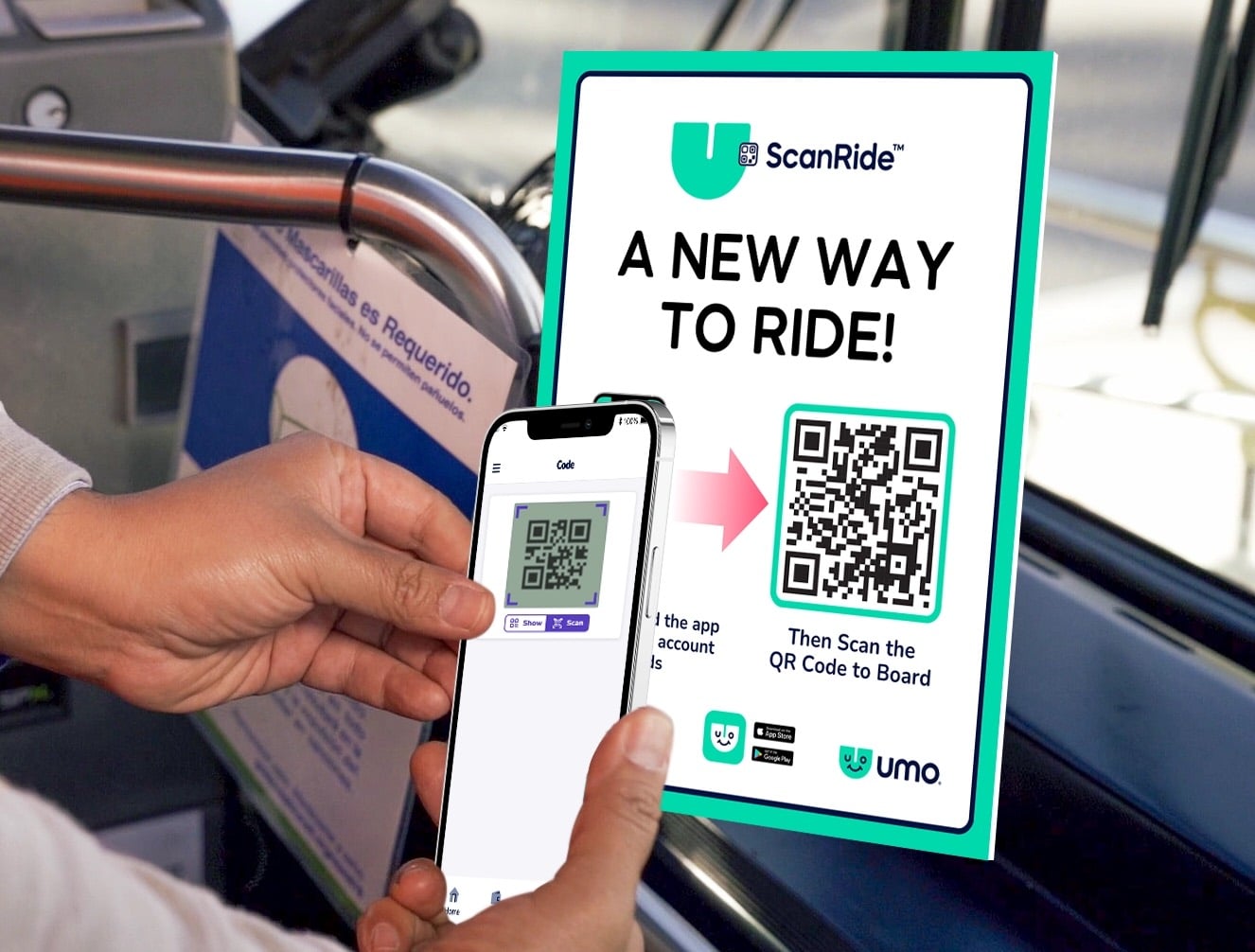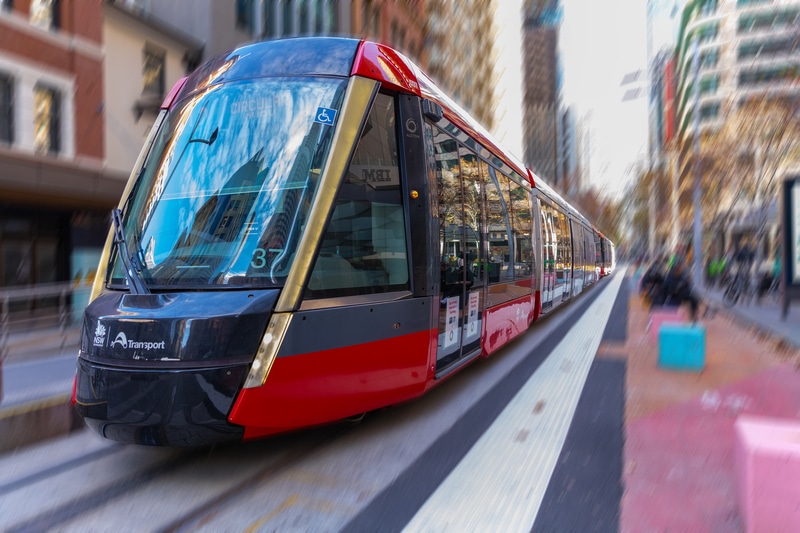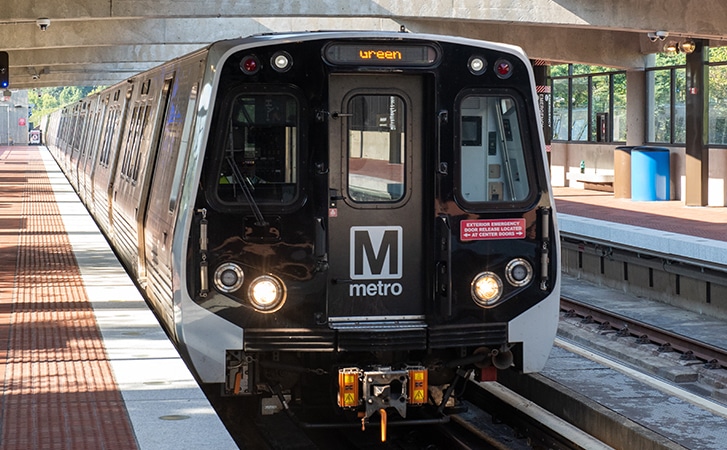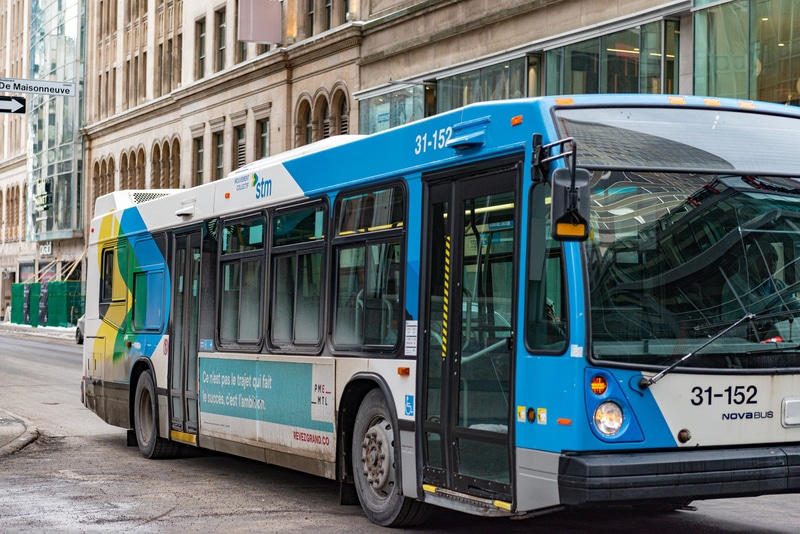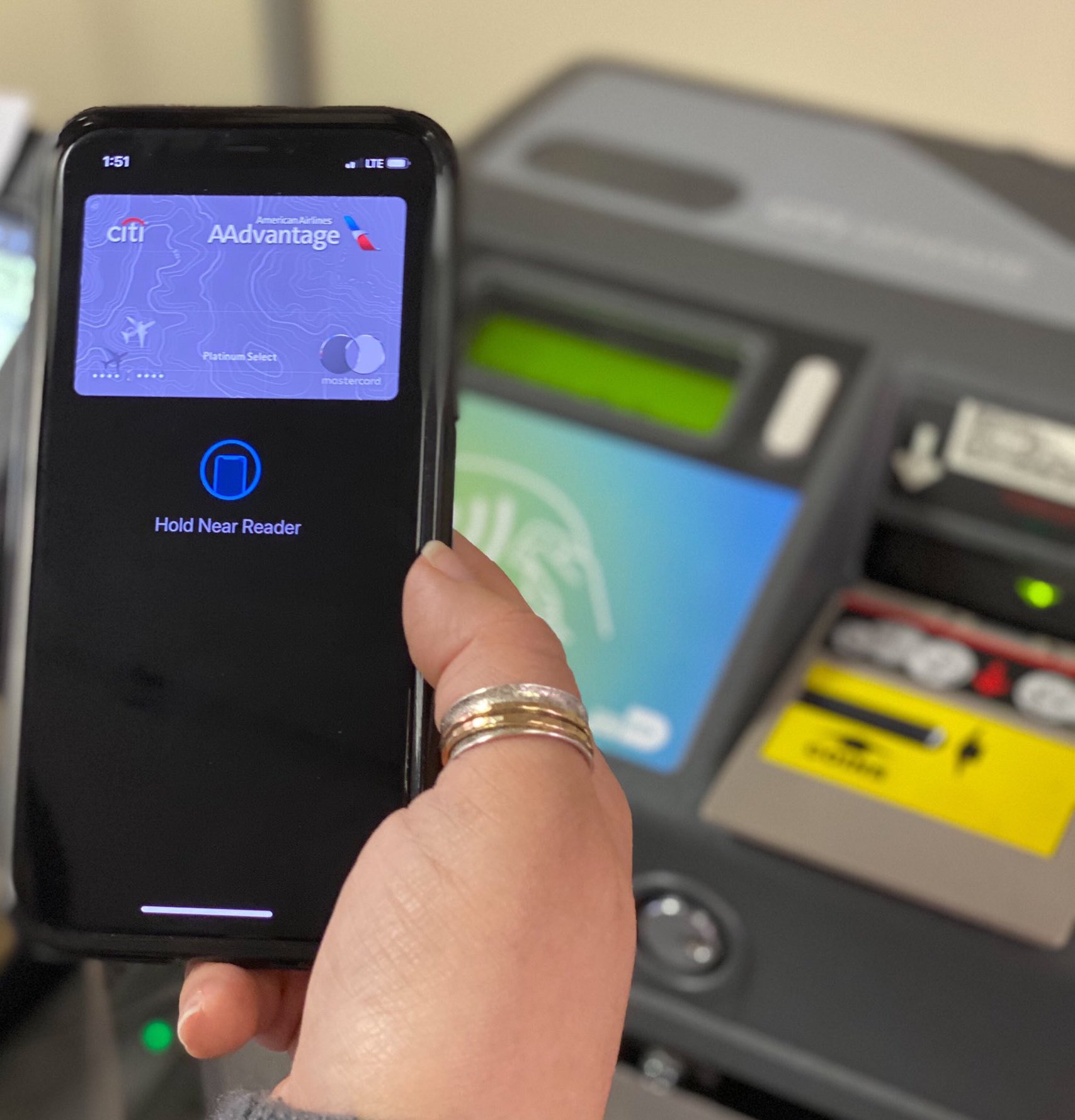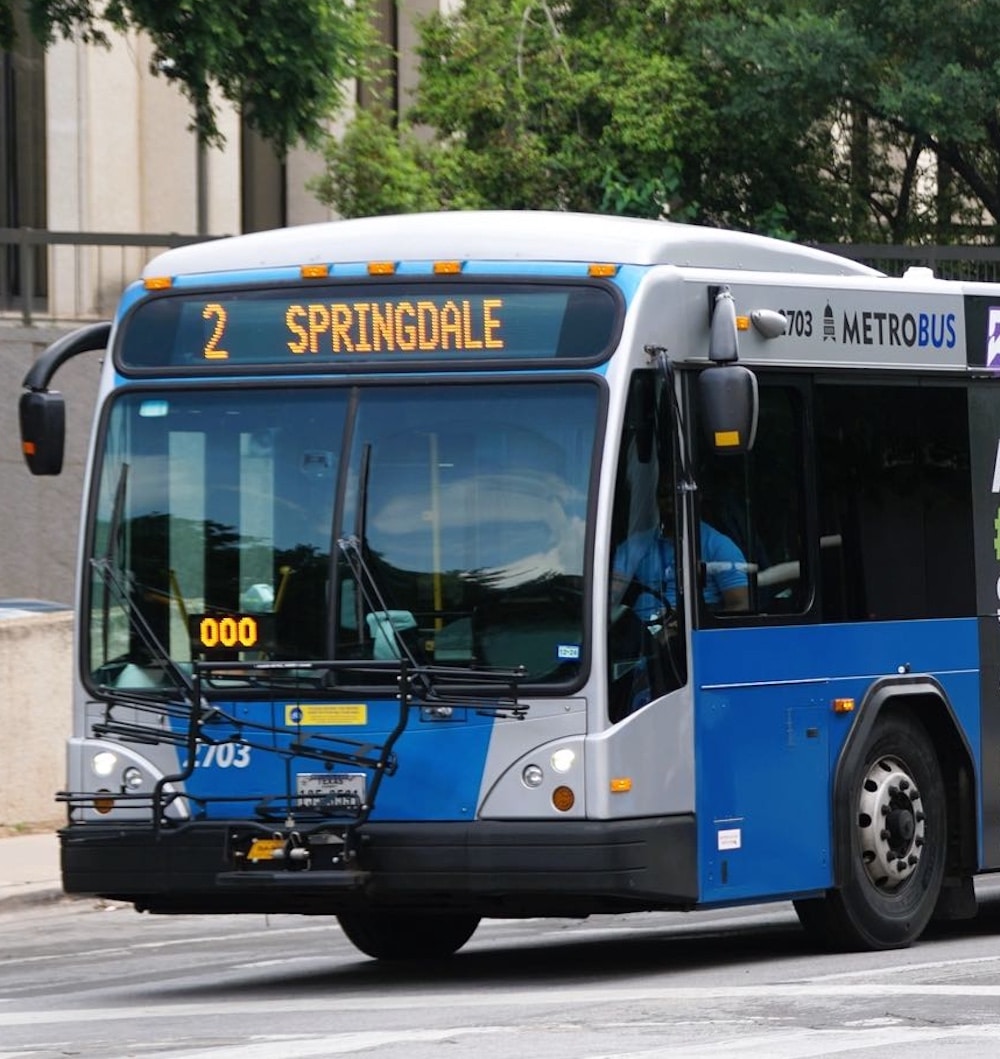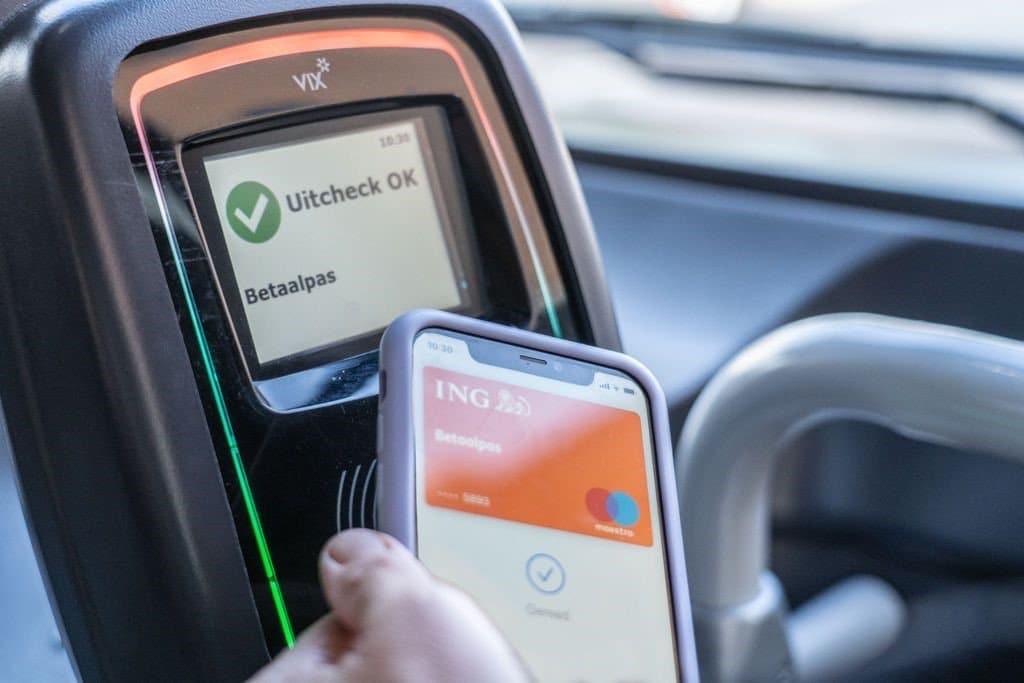
Article Highlights
Dutch transit operators, including GVB of Amsterdam; RET serving Rotterdam; and the Dutch national railways, NS; are participating in a nationwide launch of open-loop payments. The OVpay project has suffered delays, but when completed, it will make the Netherlands one of the first countries with a nationwide open-loop fare payments service.
The years-long implementation–which by at least one estimate will cost €350 million (US$368 million) or more–will include the replacement or upgrade of 60,000 transit terminals. Another estimate of capital costs came in lower.
• GVB (Amsterdam)
• RET (Rotterdam)
• NS (Netherlands)
• Connexxion (Netherland)
• Transdev
• Thales
• Enghouse/Telexis
• Scheidt & Bachmann
One of the largest public transit operators in the Netherlands, GVB, has launched open-loop payments on its metro, buses and trams serving Amsterdam, providing a significant piece of what Dutch transit officials have promised will be a nationwide account-based ticketing system featuring open loop.







